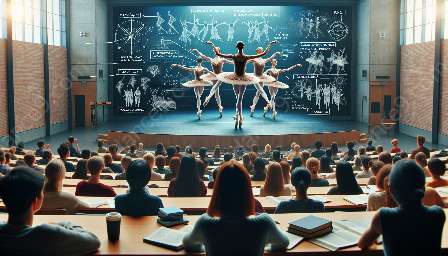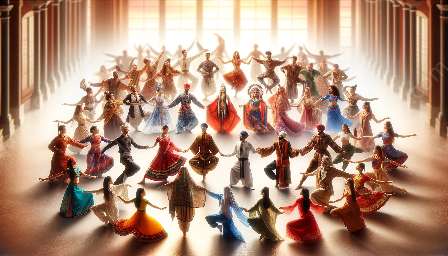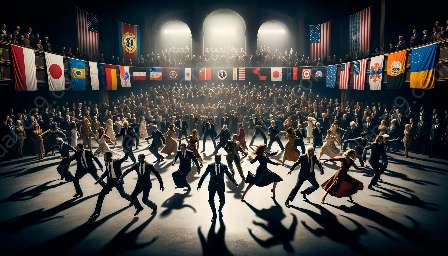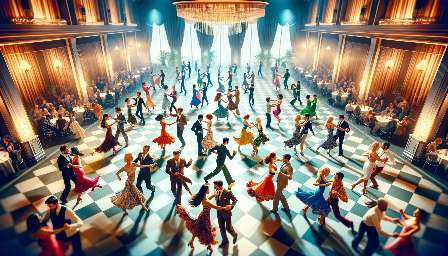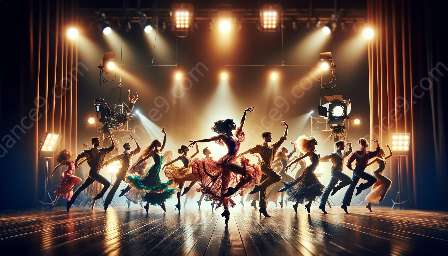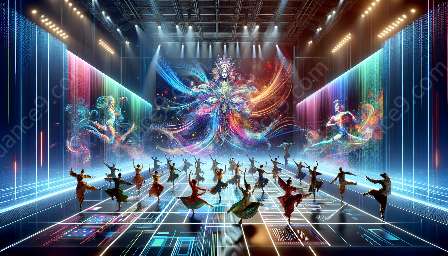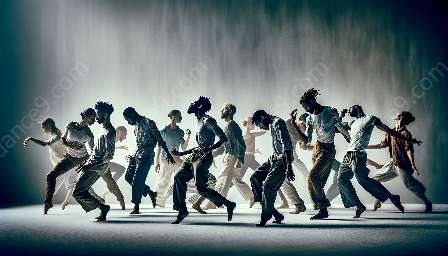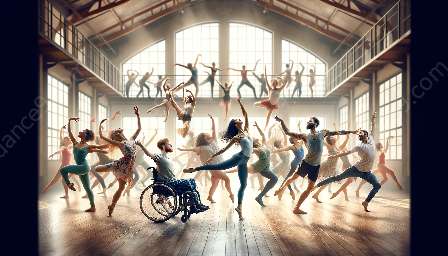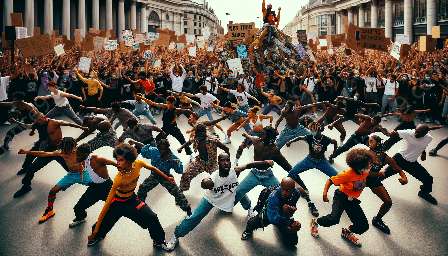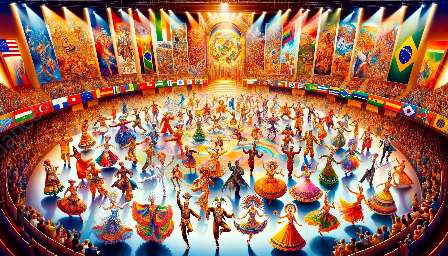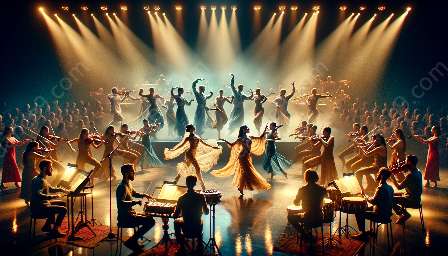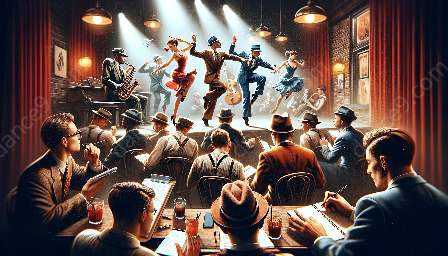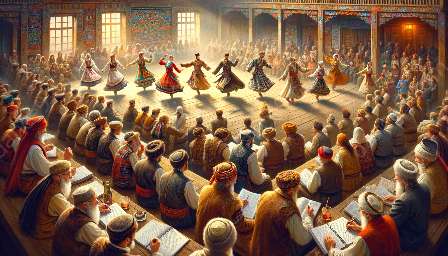Folk dance theory delves into the complexities of authenticity and appropriation in the context of traditional dance forms, addressing social, cultural, and historical implications. This exploration interfaces with broader dance theory and criticism, offering valuable insights into the complexities of these issues.
Understanding Authenticity in Folk Dance
Authenticity in folk dance refers to the maintenance of genuine connections to the cultural and historical roots of a particular dance form. This includes preserving its original movements, music, and social contexts. Folk dance theory emphasizes the significance of traditional practices and the safeguarding of their cultural integrity. It acknowledges that authenticity evolves over time but remains rooted in the heritage and identity of a community.
Archiving and Documentation
Folk dance scholars and practitioners contribute to the preservation of authentic movements and choreographies by documenting and archiving traditional dance forms. This involves detailed notation of steps, patterns, and accompanying music. Such efforts aim to safeguard the authenticity of folk dances against dilution and misrepresentation.
Appropriation and Its Ethical Ramifications
The dynamics of appropriation in folk dance theory are complex and multifaceted. Appropriation occurs when elements of a traditional dance form are borrowed and integrated into a different cultural context, often disregarding or misrepresenting their original significance. This raises ethical concerns regarding the exploitation of cultural heritage and the potential erasure of indigenous voices.
Broader Debate in Dance Theory and Criticism
Within the broader field of dance theory and criticism, the discourse around authenticity and appropriation extends beyond folk dance, encompassing various dance genres and intercultural exchanges. Scholars and artists engage in critical dialogue, examining power dynamics, representation, and the responsible dissemination of cultural expressions through dance.
Impacts on Community and Identity
Folk dance theory emphasizes the profound impact of authenticity and appropriation on the communities from which these dance forms originate. Appropriation can disrupt the cultural continuity and identity of these communities, while authenticity fosters a sense of pride, connection, and continuity. Understanding these dynamics is essential in addressing social and ethical considerations within the practice and appreciation of folk dance.
In conclusion, folk dance theory provides a robust framework for addressing issues of authenticity and appropriation, integrating perspectives from cultural studies, anthropology, and dance scholarship. Its intersection with broader dance theory and criticism enriches the discourse on the ethical and social implications of cultural exchange and preservation through dance.

